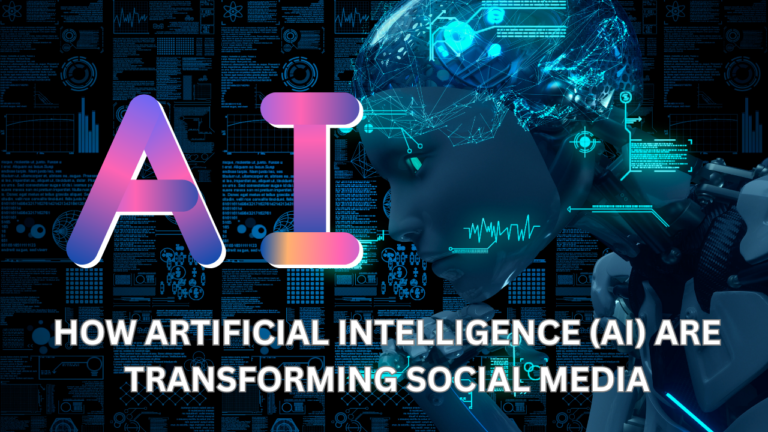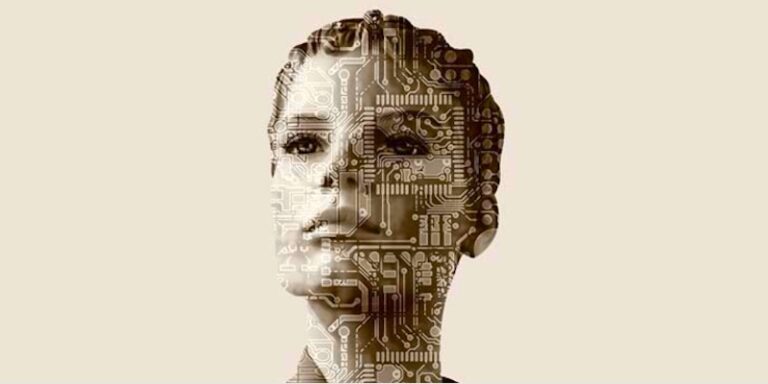Artificial intelligence is changing the way we interact with technology in a large way. Companies like Apple, Google and Microsoft are making significant investments in AI to boost their future businesses.
Advancements in AI and machine learning technology continues to be one of the fastest changing sectors on the global stage.
Increasingly, services and products are becoming more AI-based — chatbots, personal assistants like Siri, Google Now, and Cortana, self-driving cars, predictive analytics algorithm in search engines and eCommerce websites, and smart home appliances are just a few of the most obvious examples.
Forrester Research predicted an increase of 300% in investment in AI this year (2017), compared to last year.
IDC estimated that the AI market will grow from $8 billion in 2016 to more than $47 billion in 2020. “Artificial Intelligence” today includes a variety of technologies and tools, some time-tested, others relatively new.
Here are the 10 Tech giants making huge bet on artificial intelligence and their future plans,
1. Microsoft
Microsoft Ventures, initially founded in January 2016, is a VC fund created by Microsoft that focuses on ‘investing in AI companies focused on inclusive growth and positive impact on society’, along with machine learning, big data, the cloud, security and SaaS. This fund found the first backer for Element AI, a Montreal-based AI incubator.
Since then, in order to fuel its AI aspirations, Microsoft recently acquired Maluuba, a Canada-based deep learning research lab dedicated to understanding ‘natural learning’.
2. Google
In 2014, Google bought artificial intelligence startup DeepMind for a whopping $400 million (£263 million) to complete one of the largest AI acquisitions to date. DeepMind has since been used to find the quickest route between underground stations and to improve healthcare through a series of controversial agreements with the NHS.
Google has also made its machine learning system TensorFlow free to anyone who wants it, and in July 2017 it launched a new project to study and redesign the ways people interact with AI systems called People + AI Research initiative (PAIR).
3. Uber
In December 2016, Uber acquired Geometric Intelligence, an AI startup cofounded by noted scientists aiming to ‘redefine the boundaries of machine learning’. In this strategic move, Geometric Intelligence’s 15 employees will create a new and dedicated AI lab based at Uber’s headquarters in San Francisco.
With Uber investing heavily in autonomous driving technology, it’s not a big surprise that it would invest in AI operations, potentially rivalling those of tech giants Google, Microsoft and Facebook.
4. Facebook
Facebook is helping blind people ‘see’ photos by using artificial intelligence to narrate them via its iOS app. By using neural networks, the Facebook app will generate a description for every photo e.g. ‘three women smiling with champagne’.
In addition, Facebook is reportedly using artificial intelligence to produce detailed maps illustrating population density and the access to internet across the globe. This should help Facebook bring internet to parts of the world that are without access. Facebook has analysed 20 countries and 21.6 million square kilometres amounting to 350TB of data.
In 2010 it introduced facial recognition technology that could identify people in posted photos, and in 2013 Mark Zuckerberg dedicated a lab to AI research. Facebook says its plan for AI is to personalise what matters to each user, populating timelines with things they genuinely care about rather than people and posts they’d prefer not to see.
5. Apple
In early 2016, Apple has bought artificial intelligence startup Emotient and while it’s not completely clear what Apple’s plans are, reports suggest that the acquisition will centre on facial recognition technology and customers reaction to ads.
In October 2015, Apple acquired UK-based AI company Vocal IQ. It is reported that Apple aims to develop Siri further and use Vocal IQ’s speech AI software. In 2014 Vocal IQ produced voice-control technology for General Motors, allowing users to turn on and off certain functions within the car via voice command – so its potential for Internet of Things based AI is high.
6. Intel
Intel paid more than $400 million to buy deep learning technology startup Nervana Systems and the computer vision startup Itseez to improve navigation in self-driving cars, indicating that it means to increase its foothold in the field of automated driving. Intel is already manufacturing chips, software, and a development kit for self-driving cars.
7. Tesla
Musk hired Andrej Karpathy as the new Director of Artificial Intelligence at Tesla, and MIT Technology Review claims it is the start of a plan to rethink automated driving at Tesla. The technology will be used for AutoPilot, which has completed over three million miles so far.
“Full autonomy is going to come a hell of a lot faster than anyone thinks it will and I think what we’ve got under development is going to blow people’s minds” said Musk.
8. Spotify
The music streaming firm acquired MightyTV in March 2017, a startup that used artificial intelligence and Tinder-like swiping controls for content recommendations.
More recently, it bought Niland, a Paris-based machine learning startup. This acquisition should help bring custom recommendations that can identify the preferred aspects of music and find similar content for Spotify users.
9. Salesforce.com
In April 2016, Salesforce.com acquired MetaMind, an AI startup specialising in deep learning.
Previously, MetaMind had developed a unique system that runs on a short-term memory to answer questions that are in natural language. For example, when given a large piece of text, a MetaMind system should be able to answer questions like ‘what is the overall sentiment?’
10. IBM
Famed for its Watson computer (a computer system capable of answering questions posed in natural language), IBM aims to use computers to extract meaning from photos, videos, text and speech.
In 2011 Watson won the US quiz show Jeopardy, outperforming his human counterparts. What’s more, IBM has teamed up with graphics processor Nvidia, which reportedly provides Watson with a response rate that is 1.7 times faster than before.
IBM is also developing a teaching assistant app that will plan lessons based on approved material. Trials for this should begin next year in New York.





